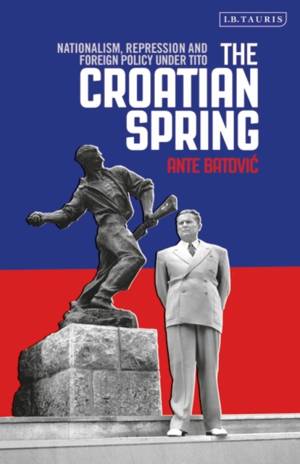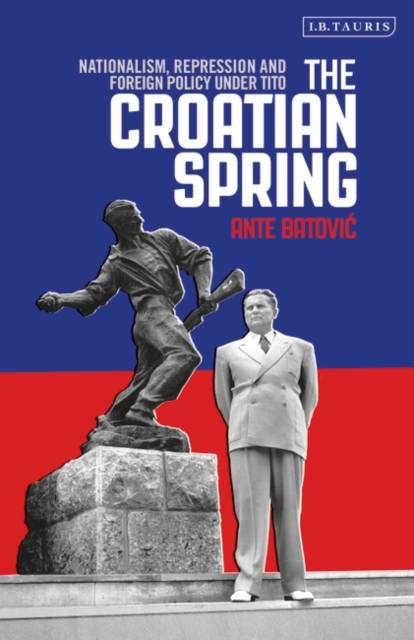
- Afhalen na 1 uur in een winkel met voorraad
- Gratis thuislevering in België vanaf € 30
- Ruim aanbod met 7 miljoen producten
- Afhalen na 1 uur in een winkel met voorraad
- Gratis thuislevering in België vanaf € 30
- Ruim aanbod met 7 miljoen producten
Zoeken
€ 79,95
+ 159 punten
Uitvoering
Omschrijving
Nationalism is a key topic within Balkan Studies, and one of the driving forces behind the bloody and difficult history of the region. Using primary sources not previously utilized by western scholars, this book documents the 'Croatian Spring' - a national and liberal movement that began in the mid-sixties after the fall of the vice president and head of the Yugoslav secret police Aleksandar Rankovic. The author chronicles these developments of democratisation and de-centralisation of communist Yugoslavia, placing them in the wider context of the Cold War and Yugoslav relations with the Soviet Union and the UnitedStates. Tito managed to balance national stability and his relations with East and West, until he felt that the national-liberal movements challenged his authority, and thus threaten the very foundations of the Yugoslav state. From late 1971 onwards, the liberal political and cultural classes of Croatia and other republics were abruptly purged, impoverishing Yugoslav leadership for subsequent decades.Batovic also considers the role of the West, who felt a centralised and stable Yugoslavia was in their interests and quickly accommodated themselves to the repression of the reformist movement.
Specificaties
Betrokkenen
- Auteur(s):
- Uitgeverij:
Inhoud
- Aantal bladzijden:
- 368
- Taal:
- Engels
- Reeks:
Eigenschappen
- Productcode (EAN):
- 9780755601004
- Verschijningsdatum:
- 26/12/2019
- Uitvoering:
- Paperback
- Formaat:
- Trade paperback (VS)
- Afmetingen:
- 140 mm x 216 mm
- Gewicht:
- 426 g

Alleen bij Standaard Boekhandel
+ 159 punten op je klantenkaart van Standaard Boekhandel
Beoordelingen
We publiceren alleen reviews die voldoen aan de voorwaarden voor reviews. Bekijk onze voorwaarden voor reviews.











